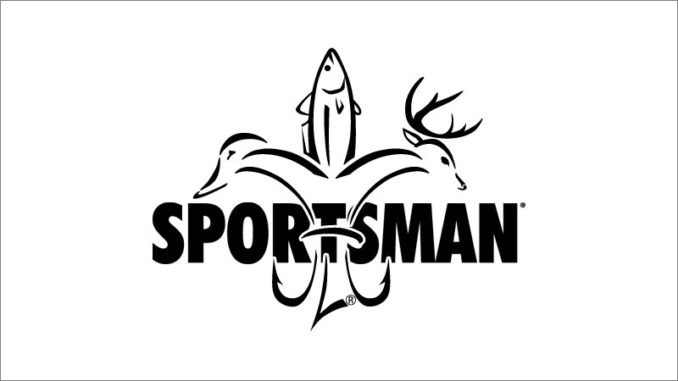
Whitetail deer are the crown jewels of North Carolina wildlife. More hunters — more than a quarter-million — target them within state boundaries, more than any other wildlife species. Deer hunting accounts for $370 million in annual statewide economic impact, including $120 million in salaries and wages and $250 million in retail sales. It also generates $28 million in local and $30 million in federal taxes.
That individuals or a small group would pursue policies that might endanger the state’s 1.1 million deer and the huge economic engine they drive is mind-boggling, but it’s happening.
The problems are money, politics and a deadly deer ailment, Chronic Wasting Disease.
A few “cervid” farmers, led by the N.C. Deer Farmers Association, convinced a state legislator, Rep. Roger West (R-Cherokee/Clay/Graham/Macon) to introduce legislation that would relax rules governing the expansion of deer farms, sale of antlers, antler velvet and hides and may open the state to importation of animals after July 1, 2017.
Cervids include whitetails, elk, mule deer, axis, red and fallow deer, but only whitetails, elk and mule deer are susceptible to CWD. The disease has progressively spread to states closer to North Carolina. Virginia’s northwestern counties have reported CWD that likely crossed its border from West Virginia.
West’s second amendment to the 2014 Budget Act, which by rule couldn’t receive public or media scrutiny, may open the door to importation of deer that might have CWD because no one knows the incubation period of the illness. A healthy, imported deer might come down with the disease years after being trucked here.
We’ve learned a Senate bill is in the works that would alter some of the proposals West and the N.C. Wildlife Resources Commission are working to implement. The Senate amendment would ban high-fenced deer hunting permanently but compromise on the sale of captive deer to other states (if they’re CWD free). Currently, North Carolina doesn’t allow the out-of-state sale and transport of healthy deer, so that rule likely will be changed.
But the real problems are pork-barrel add-ons to bills and substitutes to amendments of original bills, changes that by law are secretly attached and can’t be scrutinized.
It’s too much to hope the legislature will ban pork bills and secret changes. We’re likely always going to have politicians paying back favors to campaign contributors. That’s unfair, but we’re apparently stuck with it. However, if CWD appears in our wild deer, somebody is going to be in extremely hot water.
Gambling with the health of the state’s wild whitetails to pay back campaign (or other) donations is unconscionable.
It’s never too late to “do the right thing,” as the late Dean Smith often said.




Be the first to comment